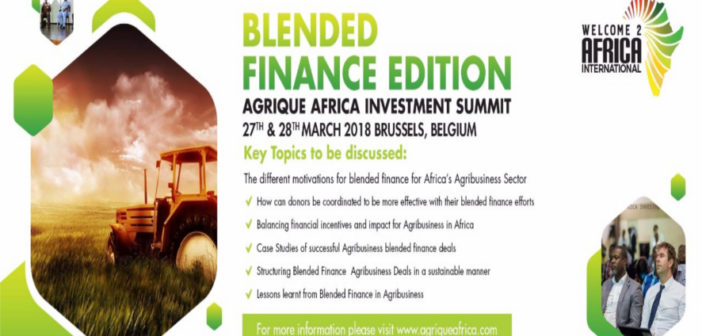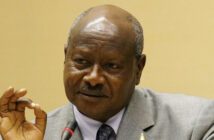By Collins Nweke
As a bespoke agribusiness summit in Brussels draws near and attracting an enviable line-up of industry practitioners, the question of the shrinking flow of public financial resources to developing economies is taking centre stage one again. This time around, it is seen more from the perspective of a blessing rather than a curse if you consider that private equity flow to markets in the Sub-Sahara African economy is actually on the rise. Those who have long held that Africa needs trade rather than aid, appear to be winning the debate while the less aggressive business risk takers are suing for caution.
I shall be making the case at the Summit for Blended Finance as one of the few instruments tailor-made for businesses that favour a more prudent finance approach. I shall be introducing the model of blended finance, put simply, as the interface between the significantly decreased development finance and private philanthropic funds deployed as seed capital in activating financial flows for activities destined for or emanating from Sub-Sahara Africa. The focus of activities will be the West Flanders Belgium rich food, beverage and pharmaceutical industries including machineries and engineering activities for these industries.
Some of the ready questions that come to mind are: which are these funds, where are they located, what are the criteria for accessing them and how could they be deployed? Placing these and other questions at the core of the discourse, the presentation walks participants through blended Iroko Trade Invest finance opportunities for deal brokerage activities in the Food, Beverage & Pharmaceuticals industries emanating from or destined for Nigeria and other Sub-Sahara African markets in their trade with firms within the Western European market with West Flanders, Belgium as hub.
For the speakers’ line-up, programme and registration for the Summit, which targets only 70 participants, visit www.agriqueafrica.com
Collins Nweke is a Nigerian businessman and politician based in Belgium




